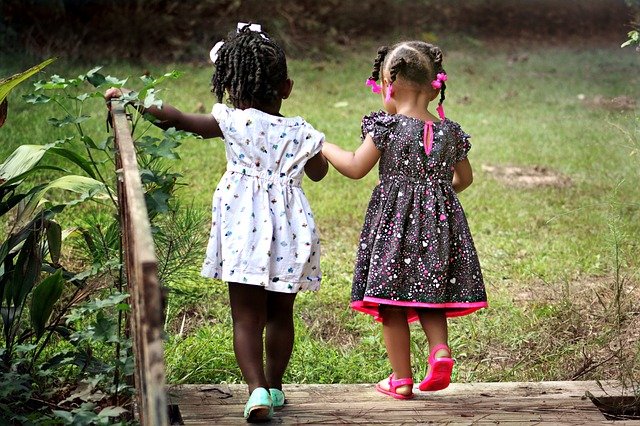Most people don’t want to talk about it. Maybe that’s why we should, right? It’s been on my topic list. Plus, the topic keeps coming up with clients, in the books I’m reading, or let’s face it, in life. We’ve all heard about someone passing away recently especially with the pandemic and everything that’s happening in the world.
Death is one thing apart from change, that we, all humans are certain of. Yet many of us fear it, some to the point of having death anxiety and many of us don’t want to talk about it. Many people hush others when they begin a conversation about death. The mention of preparing a will or a trust seems very scary to some, almost like a reminder that death is coming soon. Well, isn’t that the reality? That we will all die someday. And contrary to our thinking that we can plan our lives until we are old, we actually don’t know when we will die or how we will die. This uncertainty can be scary for some. But a better way to think about this is to accept the reality that death is inevitable. We can’t cheat death.
It reminds me of a quote by psychiatrist and author, Irvin Yalom, “… the fear of death is always greatest in those who feel that they have not lived their life fully. A good working formula is: the more unlived life, or unrealized potential, the greater one’s death anxiety” (excerpt from the book “Love’s Executioner”). Are we trying too hard to run away from death rather than letting the knowledge that we will die prepare us to live more fully?
I recently read a quote from the book “The Diary of Jesus Christ” by Bill Cain. It’s a fictional book that I find amusing and interesting. The passage below is a part of a conversation between a 104-year-old woman and Mary, the mother of Jesus.
“So age has its blessings as well. You cease to be afraid of death. Because you have seen so much of it, you realize that death is inconsequential. It matters less than you would think when you can see the grand sweep of things. It’s what your life reveals that matters.”
It made me rethink my perception of how difficult it can be to get older, and watch loved ones continuously pass away. Does your heart break every time a loved one dies? Or is it possible that you get to a place of acceptance like this old woman where death just becomes a part of life? It’s what you do with your life that matters.
Can death be our teacher?
I wonder if there could be another way to life ending. Would it be easier if we just evaporated at some point? I don’t know, but immortality in this life of pain and suffering doesn’t seem like a good choice either. God chose that we would each die someday. Maybe there are lessons for us knowing this fact of dying.
- Maybe it is meant to help us to live more fully. To stop waiting for next year or 10 years from now, instead to take advantage of all what God has given to us right now. This is the time to love deeper, to grow stronger, to go for our dreams, and to enjoy the life God gives us today. This can be especially beneficial if you are extremely afraid of dying. Cultivate more acceptance of death and let that propel you to examine your life. What are you really afraid of?
- Maybe it is meant to help us to prepare our loved ones for our death. Practically, there are some things we can do to lessen the heart ache of our passing on those left behind. This is especially relevant for older adults. It’s important to have items in order such as creating a will or a trust, getting life insurance, settling your debts, communicating relevant information to a spouse, close friend, or children, making peace with your family and friends, and having more conversations about death. If you were taking a long trip from home and knew you were never coming back, wouldn’t it be irresponsible for you not to tell your loved ones the things you really want them to know or what to do with your stuff? So, why do we do it when we know we will die?
- Maybe it is meant to help us to prepare to die. I’ve often heard people say they don’t want to worry their loved ones by talking about death, but the avoidance makes it even more heart breaking when they do die because their loved ones are so unprepared. Contrary to common thinking, having more conversations about dying eases the stress when death inevitably happens because you both have been preparing for it. Additionally, if you are talking about it and preparing for it, you feel more at peace knowing your did what you could prior to dying.
- Most of all, maybe it is meant to help us to hope for something greater than this life. Preparing for our death ultimately includes preparing for what happens after death. Upon all the people in the world, I believe Christians should be the most secure about dying. That is if you believe in Jesus as your Lord and Savior, have been baptized, and are living a repentant life. Jesus promises us life after death which is eternal. The immortality we long for is not in this life, but in another life after death with God in the heavenly realms. We need to prepare for that or examine what path we are on because it is true what the scriptures say, “Whoever believes in the Son has eternal life, but whoever rejects the Son will not see life, for God’s wrath remains on them.” John 3:36 NIV.
“Therefore we do not lose heart. Though outwardly we are wasting away, yet inwardly we are being renewed day by day. For our light and momentary troubles are achieving for us an eternal glory that far outweighs them all. So we fix our eyes not on what is seen, but on what is unseen, since what is seen is temporary, but what is unseen is eternal. For we know that if the earthly tent we live in is destroyed, we have a building from God, an eternal house in heaven, not built by human hands.” 2 Corinthians 4:16-5:1 NI




3 Responses
This is really very inspiring and encouraging. Thank you.
😊💕